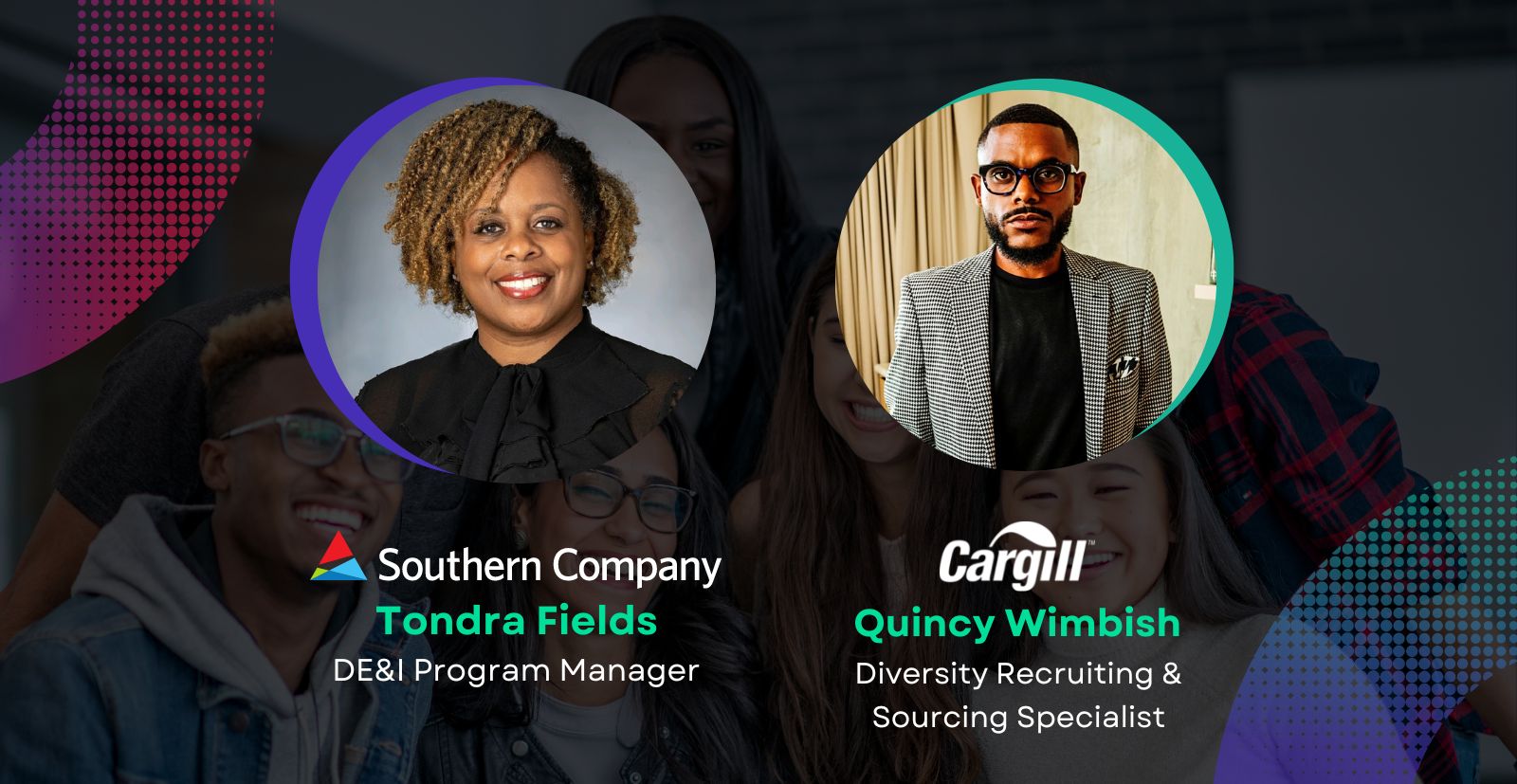When you think ~ apprenticeship ~ what comes to mind? Maybe the image of a craftsman and apprentice constructing frames, or you envision another hands-on industry like carpentry, ironwork, or auto mechanics. Historically in the United States, apprenticeships have been a common career path to skilled trade industries. The typical apprenticeship framework unfolds over around 1 to 6 years. It’s a paid, on the job training program under a mentor that offers relevant technical instruction and equips the apprentice with industry credentials. In 2020, there were over 636,000 registered apprentices nationwide. That same year England had 719,000 people participating in an apprenticeship.
Internationally, apprenticeships have long been a part of the education continuum preparing workers for a wide range of industries. In Germany and Switzerland, most students complete an apprenticeship as part of their secondary education. Their model is catching on in the US, not to the degree of becoming a cornerstone of high school education, but the notion of what industries can offer apprenticeships is expanding.
When you separate trades from apprenticeships, the general training model can be applied to prepare talent for a range of industries and might not require in-person instruction. The Department of Labor has some great resources to support companies in delivering apprenticeship programs virtually, including tools for virtual reality training. Apprenticeships are a powerful recruitment opportunity, and companies are launching innovative programs that take advantage of the flexibility of remote and hybrid programming to widen their pipelines of talent. Some of those innovative programs are within industries that usually call for a college degree, like IT, healthcare, energy, business, advanced manufacturing, culinary arts, customer service, hotel and restaurant management and sales. Check out these notable programs popping up in industries previously untapped.
Digital Marketing Apprenticeships
The global digital advertising market size in 2020 was $155.53 billion and is set to grow to $281.32 billion by 2025. Companies like COOP and Fire&Spark are anticipating this and preparing talent for successful careers through their Digital Marketing Apprenticeships. COOPS offers a relatively fast-track program that can be completed in just 200 hours (16 weeks), and covers skills like paid search and social, media planning and buying, strategy and account management. Fire&Spark’s program is a little longer, lasting 6 months, fully remote in the United States and advertises a hands-on experience to develop leadership skills, facilitate professional development, and master key digital marketing tools and techniques.
Inclusive IT & Engineering Apprenticeships
IBM offers a multitude of apprenticeships, a majority in IT, as part of their New Collar program that welcomes candidates without an advanced degree. Accompanying New Collar apprenticeships are preparatory technical training modules. These are 3-6 hour skills courses in areas like analytics, cloud, and cybersecurity that equip early talent with credentials that demonstrate to employers they are skilled for the job. IBM’s New Collar & pre-skilling leverages the apprenticeship model as an inclusive train-to-hire recruitment strategy.
Another DE&I focused program is the Verizon Thrive Apprenticeship, which launched as an initiative to invite historically underrepresented and economically disadvantaged people into the IT field. So far it has served as an effective recruitment channel, as 29 of the 40 people who began the 2019 program completed it and took jobs with Verizon. In June of 2021, Verizon admitted a new cohort though, half of whom are women and three-quarters of whom are people of color. They began the year-long apprenticeship by working remotely and transitioned to in-person learning in September. Another program that follows a similar inclusive model is T-Mobile’s Associate Systems Administrator Apprenticeship. This is a year-long program that also teaches hardware, administration, and operational skills.
Bank Branch Manager Remote Apprenticeship
Mississippi Gulf Coast Community College currently sponsors a financial industry “Bank Branch Manager” apprenticeship program, hosted in partnership with Ingalls Apprentice School. This is a 2-year, 4,288 hour program. With apprentices located across two states and 22 locations, MGCCC made the decision to deliver the program entirely online and eliminated geography as a barrier to participation.
Intermediaries: Taking Care of Training & Placement
Apprenticeship intermediaries, like YUPRO, are the rails extending support along the apprenticeship pathway. They train talent and place them in apprenticeship programs with employer partners. It seems to be working well, as YUPRO apprentices boast a 93% completion rate of contract assignments, well above the industry average of 68%. A pivotal piece of the apprenticeship ecosystem, intermediary organizations provide resources and years of experience to ensure programs are meeting standards and apprentices are learning career competencies and gaining credentials. YUPRO also operates entirely remotely. Intermediary organizations often offer their online training modules for free, many even offer free full-time training programs. This method of instruction creates open access to education & a clear train-to-hire pathway for underrepresented talent.
The future of apprenticeships looks vast and variable. Widening entry points to the workforce is an increasing priority. Companies and organizations are partnering to meet talent where they’re at by curating out-of-the-box training experiences using the apprenticeship model. While the term “apprenticeship” may forever bring to mind a carpentry master training a wood-worker-to-be, paid on-the-job apprenticeship programs in remote-friendly industries like software engineering, marketing, and business, are the future.





